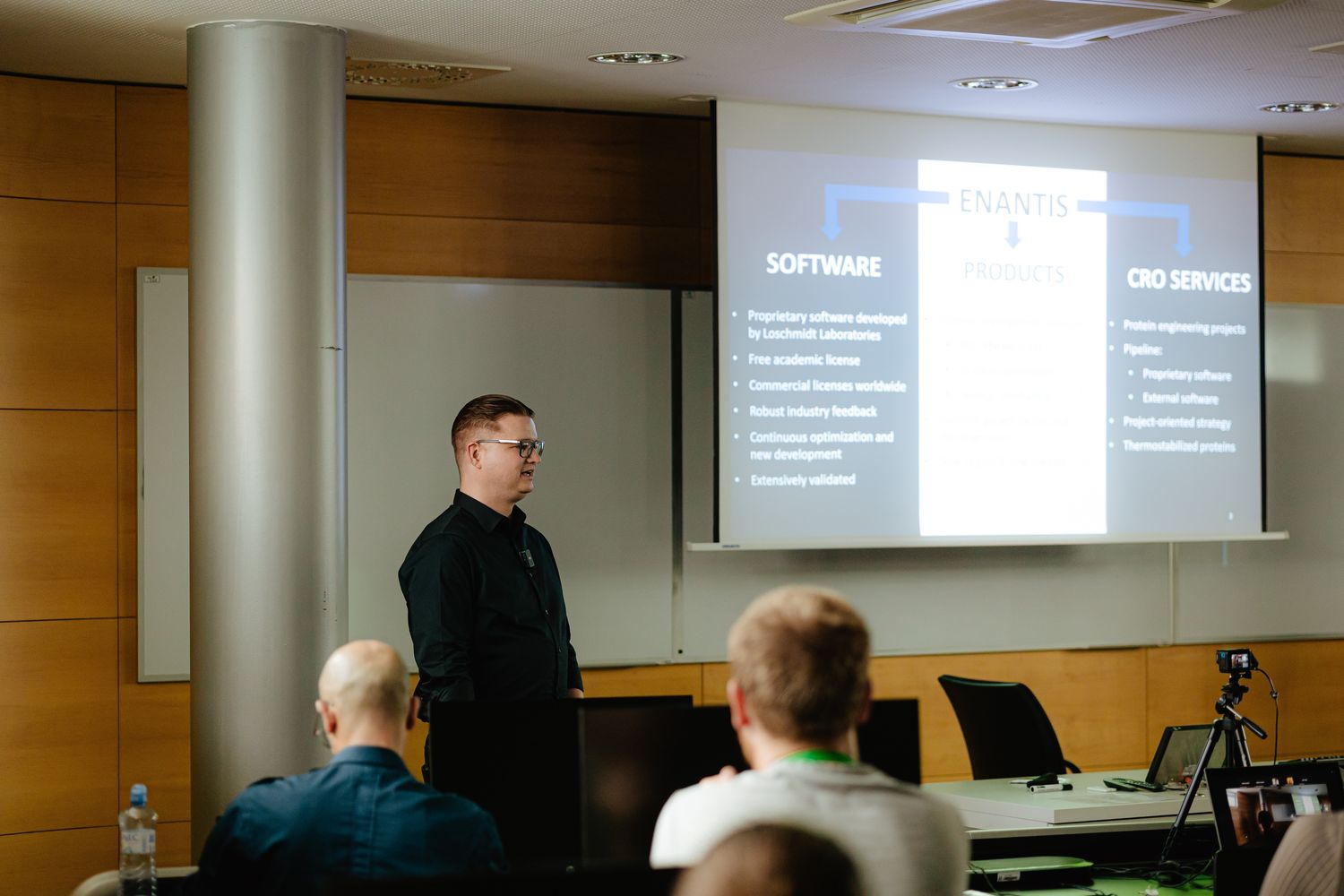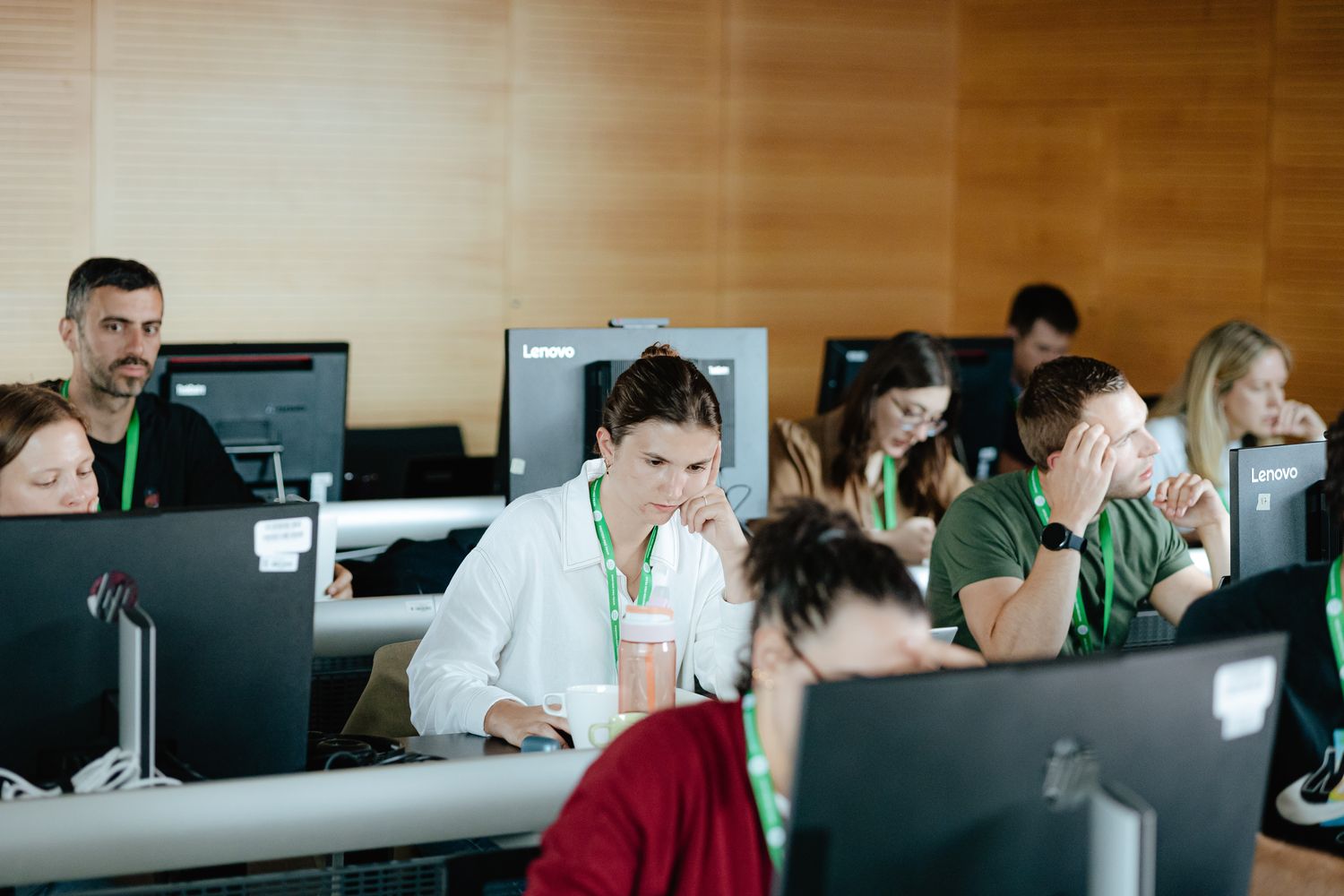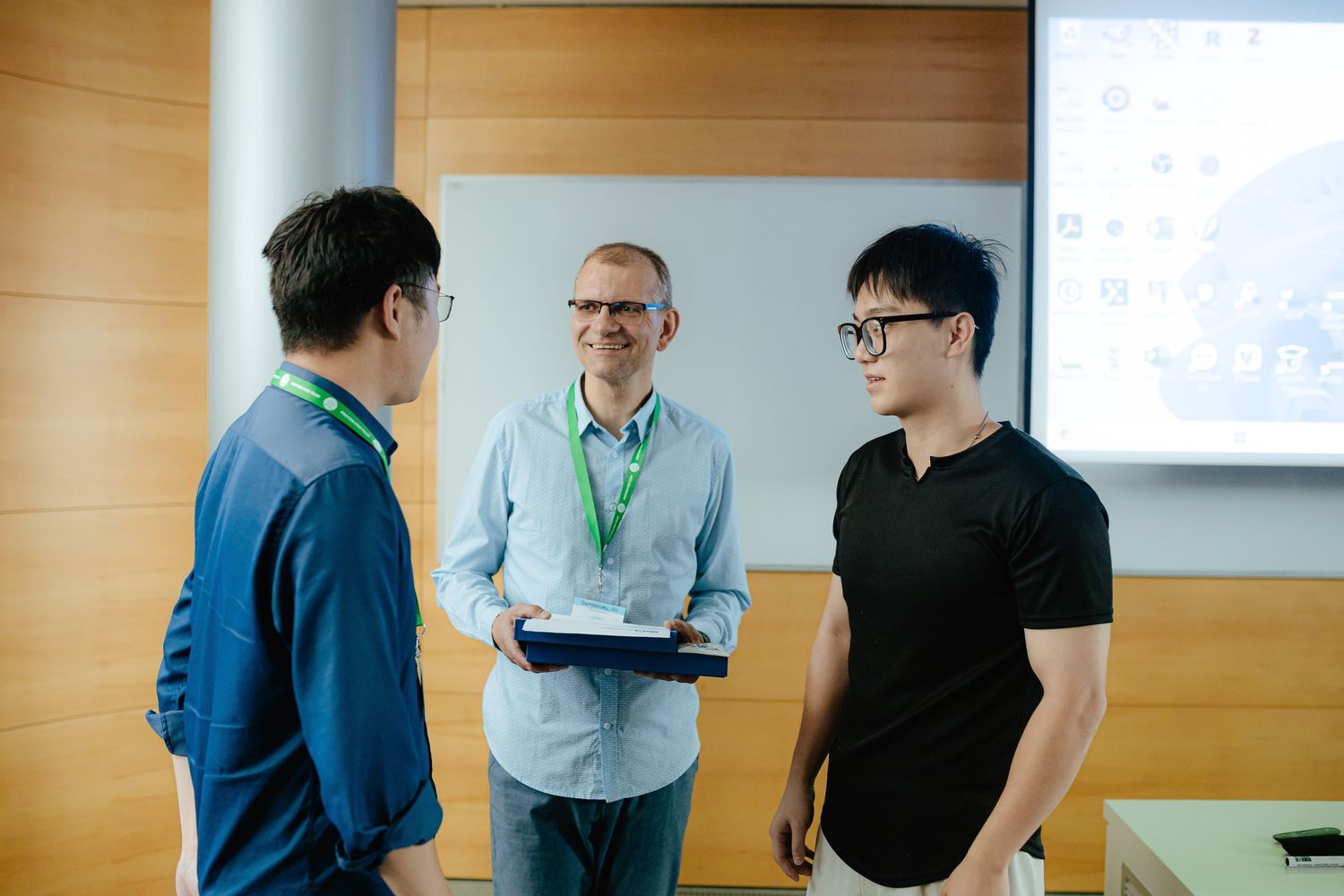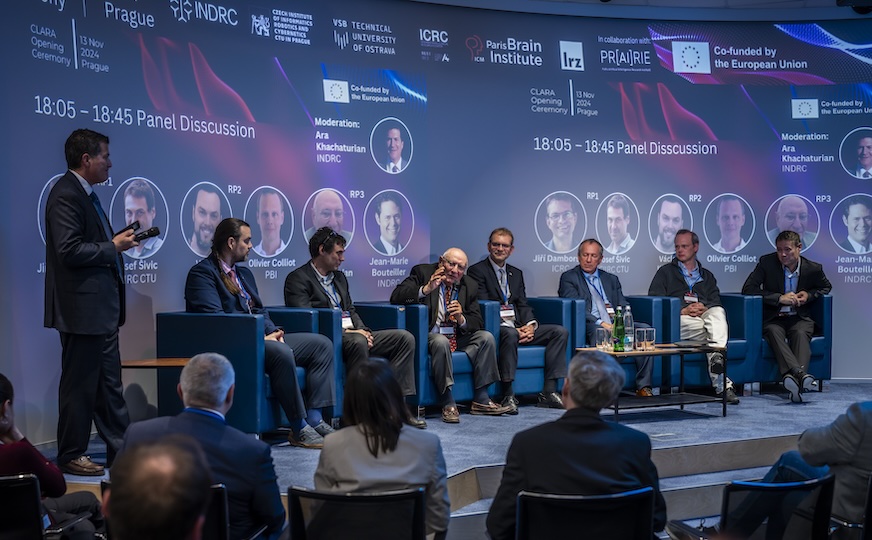Enzyme Design Using Modern Computational Methods, Theoretically and Practically – the 6th Hands-on Course is Behind Us
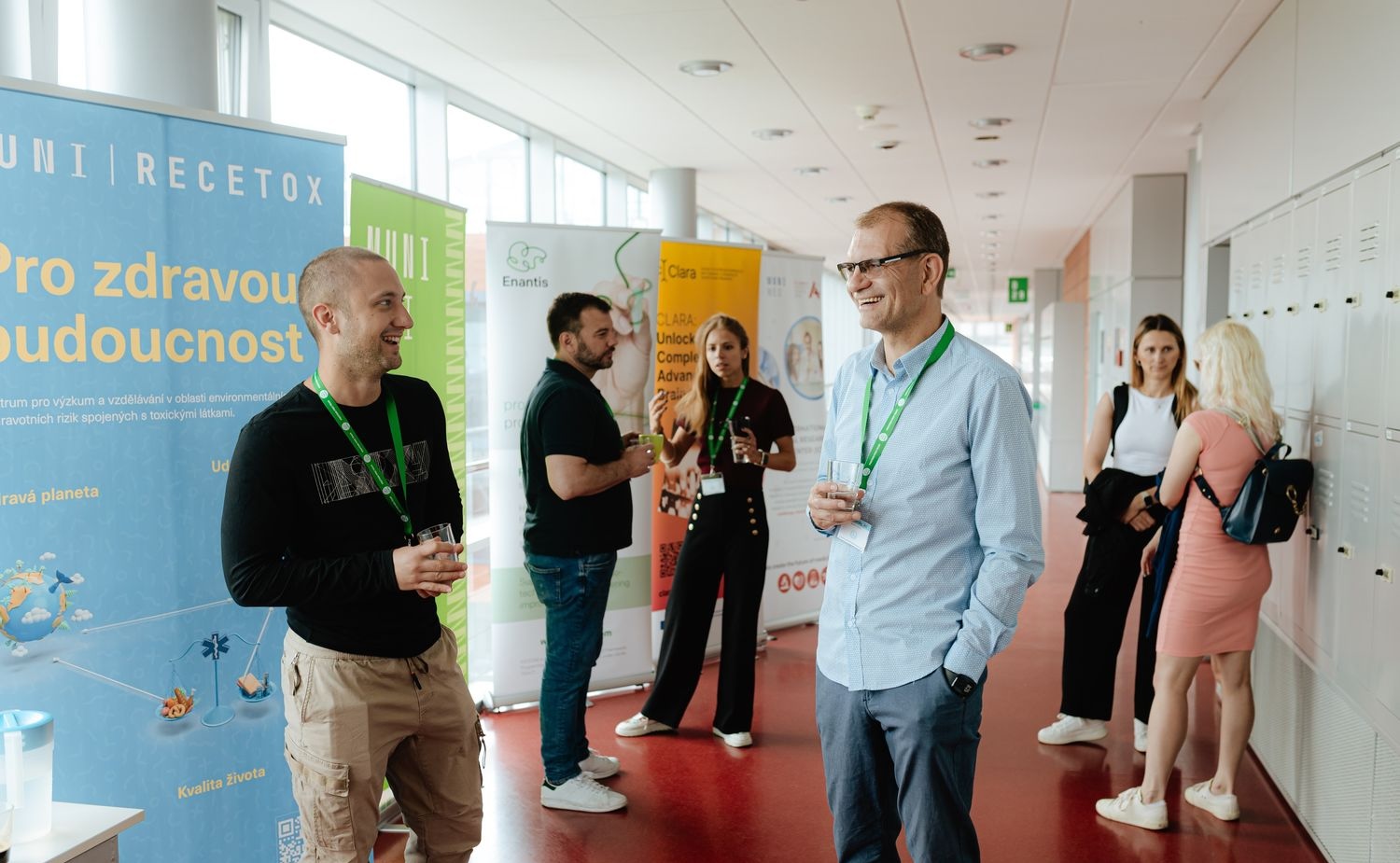
From June 2 to June 5, 2025, the sixth edition of the hands-on course focused on computational enzyme design took place. It once again attracted experts from around the world to the city of Brno, where instructors not only shared theoretical knowledge about tools for protein engineering but also provided the opportunity to try out practical applications.
The summer 6th Hands-on Computational Enzyme Design Course was primarily aimed at engineers, scientists, and technicians working with proteins and enzymes who do not yet have experience in their computational modeling or wish to expand their skills. Under the guidance of experienced scientists from the Loschmidt Laboratories (Faculty of Science, MU and the International Clinical Research Center), students learned how to use various computational tools focused on different aspects of enzyme engineering and how to properly interpret the results obtained.
The course covered four main topics - mining and analysis of novel enzymes, engineering protein stability and solubility, engineering enzyme activity and specificity and machine learning applied to protein engineering. The theoretical background and practical exercises are provided in a dynamic discussion environment using multiple software tools.
The instructors of the 6th Hands-on Computational Enzyme Design Course are the authors and developers of some of the tools used, such as AggreProt. The web tools used combine multiple individual software programs and provide automated access to more than 50 computational methods and 15 databases. Participants had the opportunity to use these tools for their own projects, share ideas, and expand their professional network with new experts. Instructors trained 38 participants from 17 countries and 3 continents, both from academia (76%) and industry (24%).
“Our course was fully booked after a short period, and the feedback from the participants was very positive, ” said main organizer of the course, Sérgio Marques, who specializes on computational modeling of enzymatic systems with the aim of improving their activity and stability for biotechnological applications within the Faculty of Science at Masaryk University, the International Clinical Research Center (ICRC), and the CLARA center.
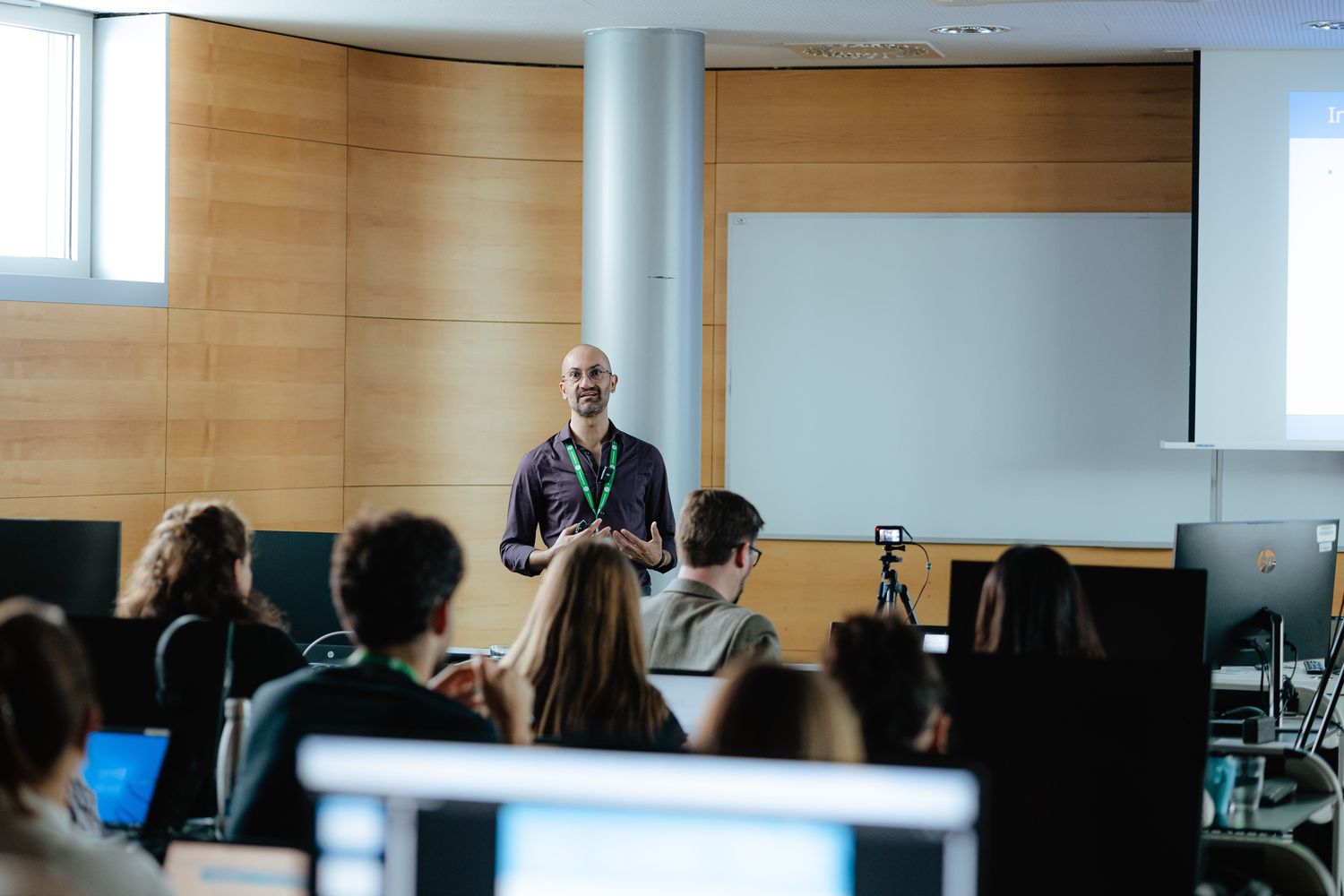
The realization of this year's course was also made possible thanks to the support of the CLARA, international center, which focuses on the development of the next generation of artificial intelligence and machine learning tools aimed at researching the causes of neurodegenerative diseases.
